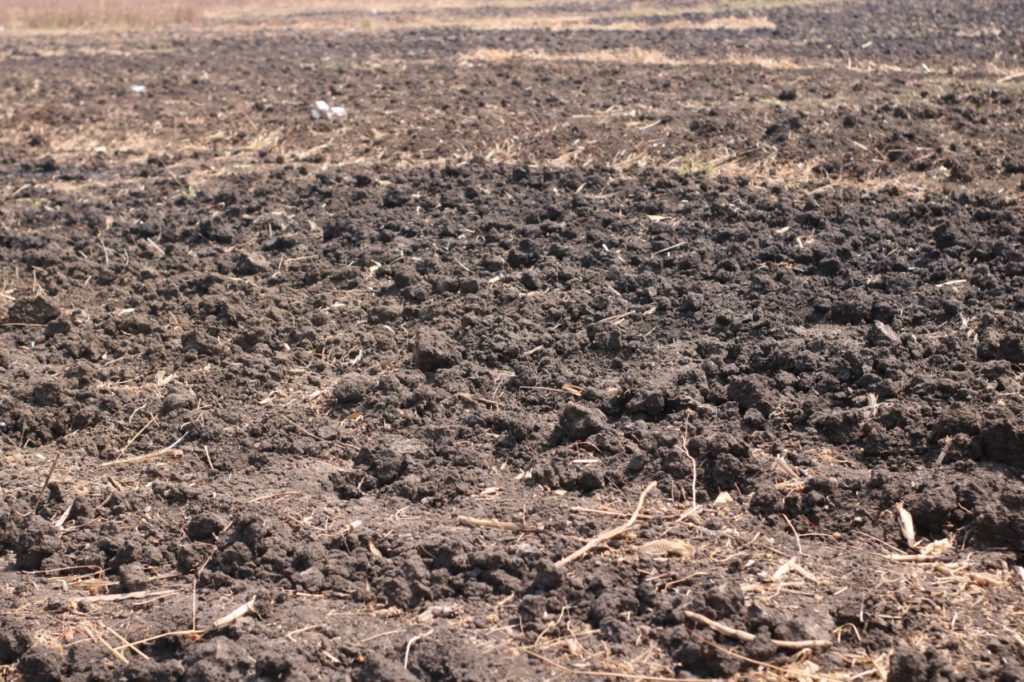By Lemuel Chekai
Erratic rainfall patterns that have fast become synonymous with the Sub-Saharan climate are persuading urban farmers into wetland cultivation.
The economic situation in the country has also exacerbated the situation as urbanites resort to producing food on their own in an effort to cut spending budgets.
“The cost of living is too high, we find it more sustainable to spend on relish alone while we produce starch on our own, we spend less that way,” Budiriro resident Patricia Chitsimbe said as she thumps lumps of dark clay soil with her hoe.
But some two decades ago Chitsimbe would not be here preparing land for her maize crop, “rainy seasons from our heydays were too good and consistent for any plants to survive on a swamp area like this one,” she says, “nowadays, especially in this past decade, one can get away with it.”
She believes soils that used to be ideal for maize farming 20 years ago cannot cope with rainfall patterns the country has been experiencing in the past decade.
“From 2016 I partly abandoned my other portion of farming space to invest all resources into this one after a series of moderate rainy seasons that mostly rewarded those who were farming on swamps.”
And indeed, the decision has been rewarding to her, but she is oblivious of a deep-seated problem her activity on this wetland is to her fellow Harare residents.

A stroll in any affluent suburb exhibits evidence that each household has a borehole of its own while snaking queues of residents at community borehole points in high density settlements prove how the Harare City Council’s water grid is chocking at the ever swelling city population and the residents’ dependence on boreholes.
It is the wetlands that allow abundant water to sip underground recharging the water table from where the boreholes tap from.
For Hopely resident, Tinotenda Jakwi, the falling of the water table is already showing on their well.
“We used to go up until mid-November with water in the well but now we hardly go past November,” Jakwi says.
Veteran borehole driller of over 15 years, Trynos Tshuma believes it’s a cocktail of issues contributing to water table fall.
“We have climate change on one hand inducing longer dry spells, and people on the other invading wetlands which could harness whatever little rains we get into the ground,” says Tshuma.
He also blamed over exploitation of underground water which has seen most families drilling boreholes.
“Average depth of a borehole was around 20 metres when I started my career, these days we drill down to 40 metres.”
Between 2008 and 2019, Harare Wetlands Trust reports that the capital lost 50% or 784ha of wetlands.
Meanwhile, government has pledged $200 million to support the restoration of degraded wetlands countrywide.
‘This article was produced with the financial support of WAN-IFRA Media Freedom. Its contents are the sole responsibility of <Lemuel Chekai/BustopTV> and do not necessarily reflect the views of the WAN-IFRA Media Freedom,WAN-IFRA FR, or the Ministry of Foreign Affairs of Denmark.’
